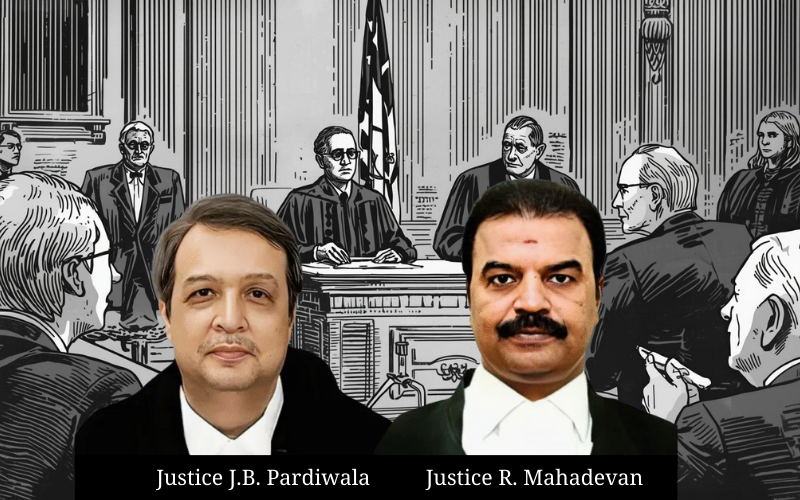Segregation of a sitting MLA’s trial from co-accused solely on account of their political office, is violative of Article 21 and Article 14
In a significant ruling, the Supreme Court of India, on September 12, 2025, delivered a pivotal judgment in the case of Mamman Khan v. State of Haryana. The apex court set aside the orders of the Additional Sessions Judge, Nuh, and the subsequent affirmation by the Punjab and Haryana High Court, thereby directing a joint trial of Mamman Khan, a sitting Member of the Legislative Assembly (MLA), along with his co-accused.
Background of the Case
The case stemmed from the communal violence in Nuh district, Haryana, on July 31, 2023, which led to the registration of two FIRs - Nos. 149 and 150, against multiple individuals including Mamman Khan. The trial court had previously ordered separate charge sheets and segregated trials for Khan, citing his political status as a sitting MLA. This order was challenged but upheld by the High Court.
Supreme Court’s Rationale
The bench, comprising Justices J.B. Pardiwala and R. Mahadevan, found the segregation of trials solely based on Khan’s political position as arbitrary and unconstitutional, violating Articles 14 and 21 of the Indian Constitution which ensure equality before the law and the right to a fair trial. The court emphasized that joint trials are mandated under the Criminal Procedure Code when offenses arise from the same transaction unless exceptional circumstances justify separation.
Key Points of the Judgment
1. Joint Trials as a Norm: The court reiterated that joint trials are the rule under Sections 218 to 223 of the Criminal Procedure Code, 1973, especially when offenses arise from the same transaction. The decision underscored the importance of procedural fairness and judicial economy, which joint trials help maintain.
2. Violation of Constitutional Rights: The segregation order was seen as a procedural infraction, lacking legal or factual justification. The court highlighted that the right to a fair trial cannot be compromised for the sake of expeditious disposal of cases involving legislators.
3. Equality Before Law: The judgment reaffirmed the constitutional principle that all individuals, irrespective of their public status, are equal before the law. The court criticized the preferential treatment based on Khan’s political office as an arbitrary classification.
4. Procedural Fairness: The court found the trial court’s orders to be a serious constitutional violation as they were passed without affording Khan an opportunity to be heard, breaching the principles of natural justice.
Implications of the Judgment
The Supreme Court's verdict is a landmark in reinforcing the principles of equality and fairness in legal proceedings. It sets a precedent that political status cannot be a ground for procedural deviations in criminal trials. The ruling mandates that even high-profile cases involving public representatives should adhere strictly to procedural norms and constitutional guarantees.
The judgment sends a clear message to the judiciary to prioritize procedural integrity over administrative expediency and highlights the judiciary's role in safeguarding the fundamental rights of individuals, irrespective of their political stature.
Conclusion
This judgment is expected to have far-reaching implications on how trials involving legislators and other public representatives are conducted in India. It underscores the judiciary's commitment to uphold the rule of law and maintain public confidence in the justice system. The Supreme Court's directive for a joint trial ensures that justice is served without compromising the legal rights of any accused, setting a benchmark for future cases.
Mamman Khan v. State of Haryana, (SC) : Law Finder Doc id # 2777750




